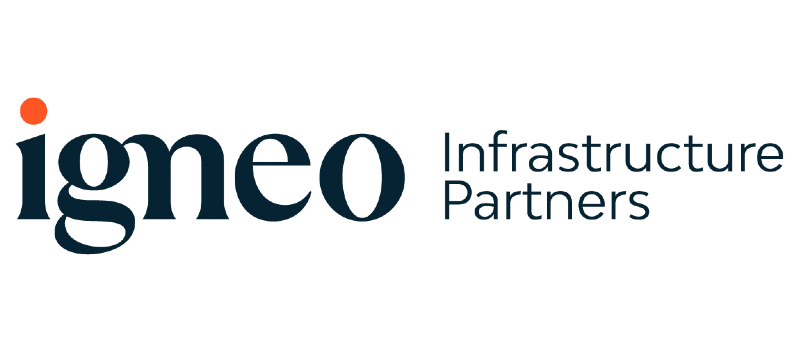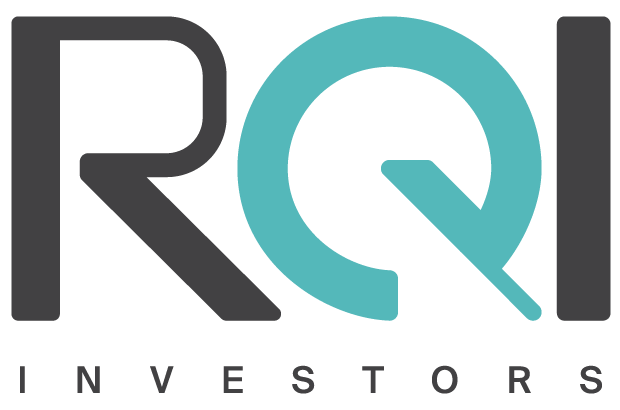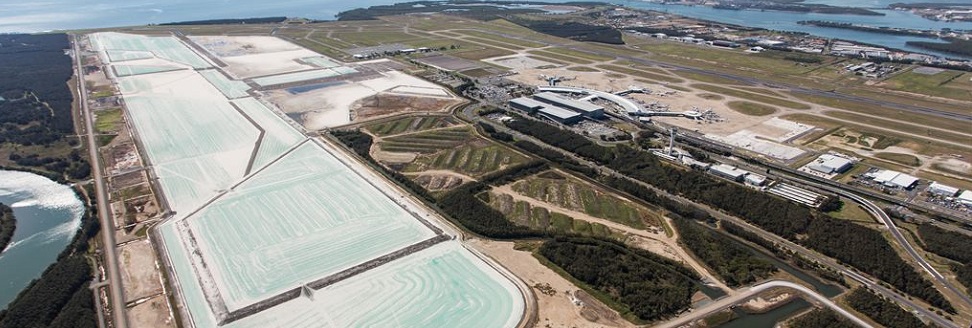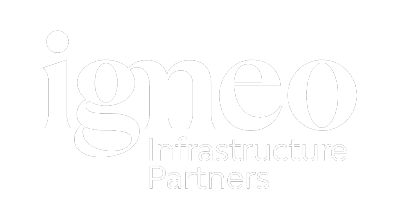
At AlbaCore, we focus on the long-term. As one of Europe’s leading alternative credit specialists, we invest in private capital solutions, opportunistic and dislocated credit and structured products.
Discover moreInvestment strategies
Insights

Specialist in Asia Pacific, China, India and South East Asia and Global Emerging Market equities.
Discover more
Our philosophy is very simple. We are constantly searching for high quality businesses and when we acquire them, we will work relentlessly with them to create long-term sustainable value through innovation, ESG-led and proactive asset management.
Discover moreInvestment strategies
Insights

Leader in active quantitative equities across Australian equities, global equities, emerging markets and global small companies.
Backed by a unique blend of research, portfolio construction and risk management, focused on uncovering original insights and translating them into investment strategies that are active and systematic, aiming to generate alpha.
Discover moreInvestment strategies
Insights

Specialists in equity portfolios in Asia Pacific, emerging markets, global and sustainable investment strategies
Discover moreUnlisted Infrastructure
- Our capabilities
- Infrastructure and real estate
- Direct Infrastructure
- Unlisted Infrastructure - Responsible Investment
Approach to Responsible Investment
Stewardship and ESG integration
We believe that proactive ESG management improves long-term investment returns and that adopting a responsible investment policy throughout our business is the only viable approach to the creation of sustainable long-term value.
Businesses and organisations do not operate in a vacuum, and while ESG considerations apply to all, we think they are particularly relevant to infrastructure businesses due to:
- the long-term investment horizon and long-life assets;
- the need to deliver stable long-term risk-adjusted returns;
- the role infrastructure companies have in providing essential services to their communities; and
- the significant positive impact that infrastructure businesses can have on the environment and carbon reduction targets.
In addition, infrastructure businesses often operate as monopolies or quasi-monopolies and therefore good ESG practice is paramount to the long-term sustainability of the business.
Pre-investment
Prior to an investment being made in an infrastructure business, the team looks to evaluate all relevant ESG issues. No checklist can appropriately cover all the possible issues, so evaluations are made on a case by case basis. Risk assessment tools as well as country-leading expert advisors are used to help in this analysis. These tools also provide opportunities for benchmarking against similar assets and enable us to identify the early priorities post-acquisition, ensuring that no time is lost when we acquire a new infrastructure business.
Ongoing asset management
Once an infrastructure business is acquired, the team undertakes ongoing active asset management to enhance performance and effectively manage risk. Our specialist fund managers and asset managers meet regularly with infrastructure business management teams to discuss various matters, including ESG issues.
To add value, we actively seek to build relationships at various management levels within the business during the lifecycle of the investment. Such relationships provide the opportunity for the open exchange of information and constructive debate of risks and opportunities including ESG issues that materially impact on the value of the investment.
Direct engagement through board-level representation
We have the distinct advantage of being able to engage directly with our portfolio companies via board representation and/or workshops with management. This direct involvement provides the opportunity to drive cultural change, to set ESG KPIs, and allows a two-way conversation between management and investors to ensure alignment on long-term value creation and protection.
We regularly convene workshops and committees to undertake deep-dive analysis and debate opportunities and new initiatives. We also visit business sites in our capacity as shareholder, board member and/or board committee member. Recent initiatives have included, for example: fossil fuel replacement in our ferries business; community experience centres in our airports business; and the promotion of integrated annual reporting beyond purely financial metrics at one of our water utilities.
High quality corporate governance and board reporting
We proactively seek to ensure that management provides information that enables the board to fully understand the approach being taken in managing potential risks and realising opportunities. Examples of the types of reporting requested include:
- environmental and social risks impacting materially on corporate earnings, including contingent liabilities;
- governance policies and procedures for assuring compliance with internal ESG policies, improving performance and mitigating risks across operations, the supply chain and products and services;
- human capital processes, including: equality analysis and focus, retention programs; workplace health and safety performance; staff turnover; succession planning; and training and development programs; and
- performance reporting on measurable environmental factors, for example: energy use; water use; and greenhouse gas emissions.
Where we manage less than 100% of an infrastructure business, we engage directly with our co-investment partners to ensure they understand and support the logic for our focus on ESG issues and to also learn from their approach to this important area. We have found that our co-investment partners are very open to sharing best practice and that significant value can be generated for all parties.
International standards for ESG management
In response to growing community pressure and concern over ESG issues, we have seen a significant focus on ESG reporting by many regulators that oversee our portfolio companies' operations. Where relevant, we target international accreditations and standards for our infrastructure businesses. Examples can include ISO certification for health and safety and environmental management, IT and cyber security, energy and asset management.




Case studies
We believe that a strong commitment to stewardship is an essential component of a strong approach to responsible investment (RI), and that embedding RI into the core of our investment activities is in the best long-term interests of our clients. For more than a decade we have systematically and progressively improved our practices and processes across our investment capabilities globally.
Climate change
The section below provides addition, team specific, information on climate change. Further information on our approach to climate change can be found in our climate change statement.
Team Climate Change Statement
The impacts of climate change are particularly relevant for investing in infrastructure assets due to the long term nature of the business and their function to provide essential services. We are focused on the physical as well as the non-physical impacts of climate change.
Physical impacts of climate change are vitally important to investment in infrastructure assets, as they are often large or wide ranging structures. Such impacts may include weather-related events, such as changes in the frequency of extreme events including floods, storms, and extreme heat. All of those extreme events can impact the physical assets in which we invest. As an example of recognising the risks of climate change to the asset, for a new runway project at one of our airports that is located on a low-lying coastal site, we considered the likelihood and impact of severe events like storm surges, combined with sea level rises in order the determine the parameters of the project (e.g. runway height, seawall construction etc.).
In another case considering an investment opportunity in a sea port, we had to assess the long-term increasing likelihood of cyclonic activity and its potential impact on the port infrastructure. A third example is the long term capital program of one of our electricity network businesses that involves undergrounding of cables to ensure that the community retains its energy connection during extreme storm events in the future. As a practical measure, some of our infrastructure businesses engage climate science experts to conduct a Climate Change Impact Assessment to consider the specific long term impacts of changes in the local climate.
Non-physical impacts of climate change are also important as they may change the way the companies operate. This can include resource availability, supply chain impacts and the various impacts on markets and regulation. For example, the forecasts for the availability of drinking water resources is one of the drivers of the investment program for one of our water utilities.
Another example is one of our water utilities in the UK, where they implemented a program to reduce the carbon impact along its entire supply chain which resulted in significant cost savings. Impacts on markets and regulation will also be profound and whilst some of the physical impacts of climate change may not be felt for many years, the impacts of regulation and markets are being felt already.
France for example, established very ambitious targets to grow the utilisation of biofuels in district heating. A recently acquired company that provides district heating is already a leader in the utilisation of renewable energy utilisation in the sector, as it provides more than 50% of its energy generated from renewable sources. In line with state government policy, the target is to increase this further over the next decade. To achieve this, in the context of the build-out of new district heating solutions, as a standard approach the company always responds to Requests for Proposal with an option that increases the utilisation of renewable energy as compared to the base case.


More information
View First Sentier Investors proxy voting record and statistics
Responsible Investment
For over a decade, responsible investment has been integrated into every investment process.
Keep up to date with our latest research and developments on social media, or subscribe to our email newsletter
First Sentier Investors became a Certified B Corporation in November 2022 with a score = 107.2, noting that the passing score is 80. Please visit the B Corp Directory to view our report and for additional information regarding the assessment process.
Copyright © First Sentier Investors (Australia) Services Pty Ltd 2024, (part of First Sentier Investors, a global asset management business. First Sentier Investors is ultimately owned by Mitsubishi UFJ Financial Group, Inc MUFG.)
In the EU: This is a marketing communication. The fund(s) mentioned here may or may not be registered for marketing to investors in your location. If registered, marketing may cease or be terminated in accordance with the terms of the EU Cross Border Distribution Framework. Copies of the prospectus (in English and German) and key investor information documents in English, German, French, Danish, Spanish, Swedish, Italian, Dutch, Icelandic and Norwegian, along with a summary of investors' rights are available free of charge at firstsentierinvestors.com
Get the right experience for you
Your location :  Sweden
Sweden
Australia & NZ
-
 Australia
Australia -
 New Zealand
New Zealand
Asia
-
 Hong Kong (English)
Hong Kong (English) -
 Hong Kong (Chinese)
Hong Kong (Chinese) -
 Singapore
Singapore -
 Japan
Japan





















 United Kingdom
United Kingdom 